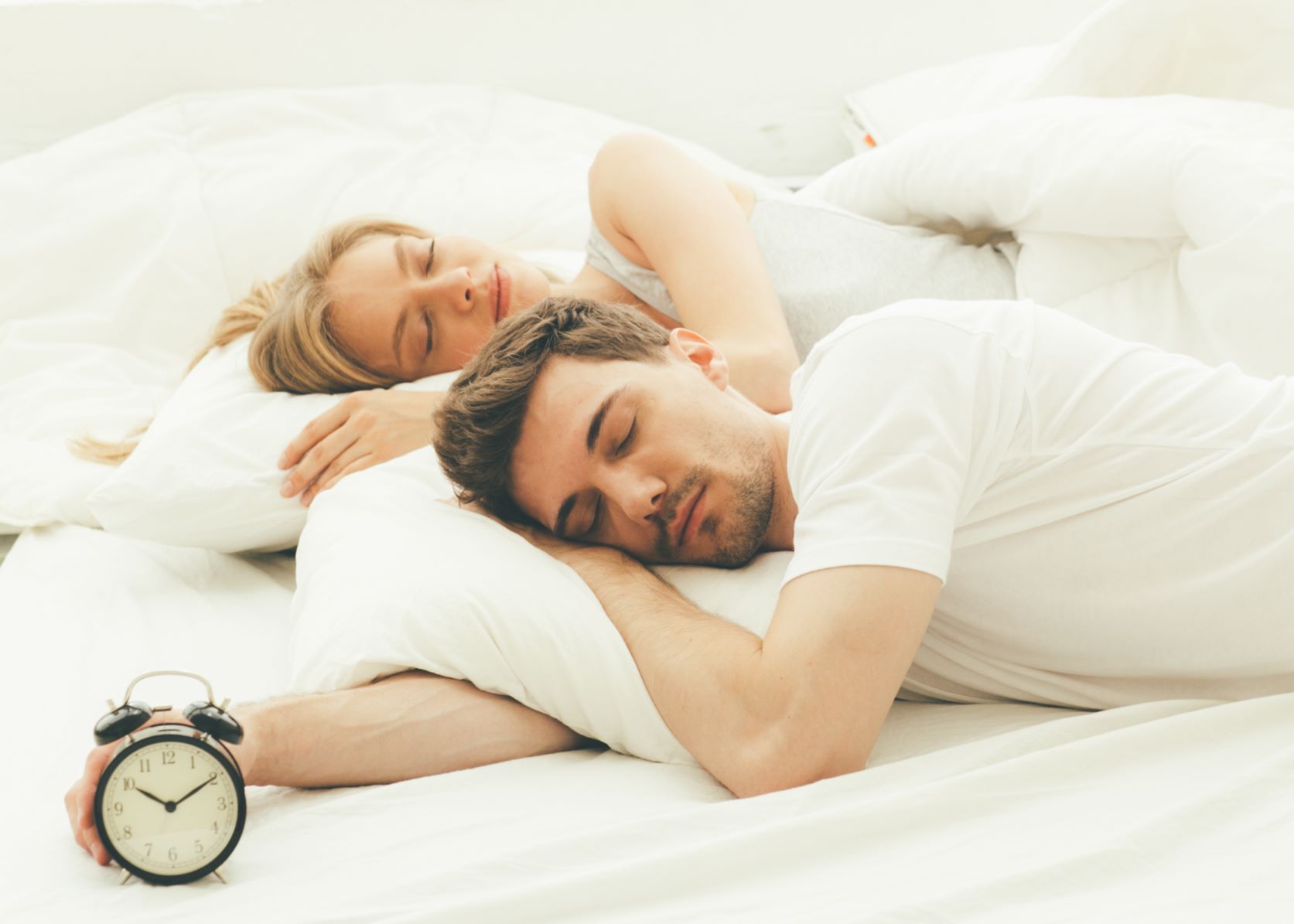Many of us sleep in on weekends. Some do it because it’s a day off from work or school and we can. Others do it to make up for sleeping less during the week.
But can sleeping in really help you catch up on lost sleep? Your answer to that question probably depends on your own habits and whether you feel better or worse from sleeping in, especially as a pattern of behavior.
Sleep experts have some rather interesting research on why we sleep in and how it might affect how long we live. They might change the way you look at your sleep routine.
A good reason to sleep in
Catching up on lost sleep on the weekend is good for those who need it, according to Swedish psychologist Torbjorn Akerstedt, director of the Stress Research Institute at Stockholm University which published a study that asked whether sleeping in was beneficial.
Published in the Journal of Sleep, the study tracked more than 38,000 people in Sweden over a period of 13 years and focused on their sleep habits during the work week versus the weekend, and Akerstedt said that the findings on weekend sleep from this study filled in a gap that had been overlooked in previous sleep research.
In the Swedish study, people under the age of 65 who slept five hours or less every night did not live as long as the people who slept seven hours a night consistently. However, those who slept less than seven hours a night (which is recommended) but slept more on weekends lived just as long as those who consistently slept seven hours or more each night.
It’s plausible that sleeping in to make up for lost sleep helps you live longer, but it’s not conclusive, agree the experts.
A better reason to take naps
A PBS NewsHour report asked a couple of sleep experts to dig into the science of sleeping, and what we learned from it is pretty interesting.
Babies need as much as 17 hours of sleep throughout the day. As we get older and require less sleep, two biological processes take over and put us into a daytime alertness and nighttime sleep schedule: Sleep drive tells the body when it needs to sleep; and circadian rhythm regulates the level of alertness and sleepiness throughout the day.
Now, somewhere along the way, puberty hits – the ultimate disruptor and creator of biological drives and hormonal changes. Puberty delays the circadian clock, which causes teenagers to want to stay up later, and stretches that sleep drive so that it takes longer for the teen body to feel the need to sleep.
Because school schedules require them to get up earlier, they are short on sleep on weekdays and tend to sleep in on weekends. And that habit is hard to break as they become adults. The problem is that disrupting the balance between sleep drive and circadian rhythm, especially over a sustained period of time, actually causes people with that sleeping in habit to be less aware of how the impairment of lack of sleep.
“People think they’ve trained themselves to get by on less and less sleep, but what they’ve really done is lose track of the effects,” said Brant Hasler, a sleep researcher at the University of Pittsburgh.
His advice: Instead of sleeping in on weekends, stick to your normal wake time and take a short afternoon nap.



